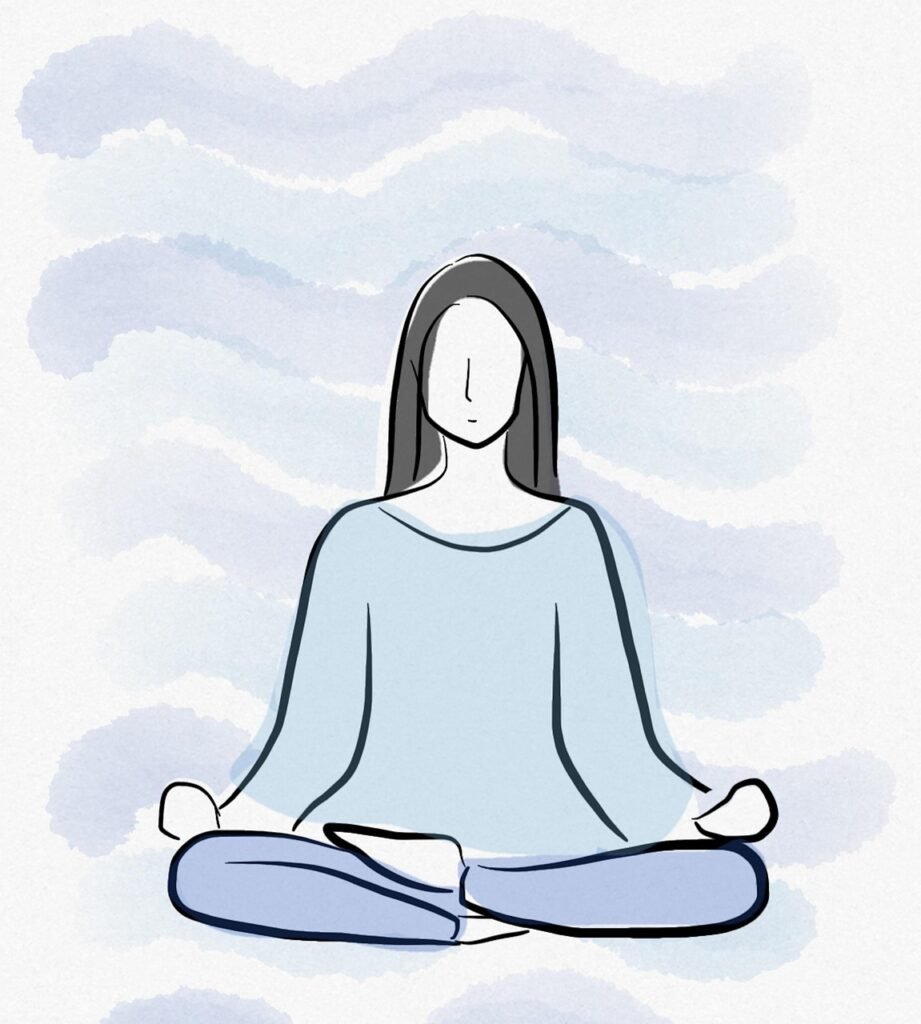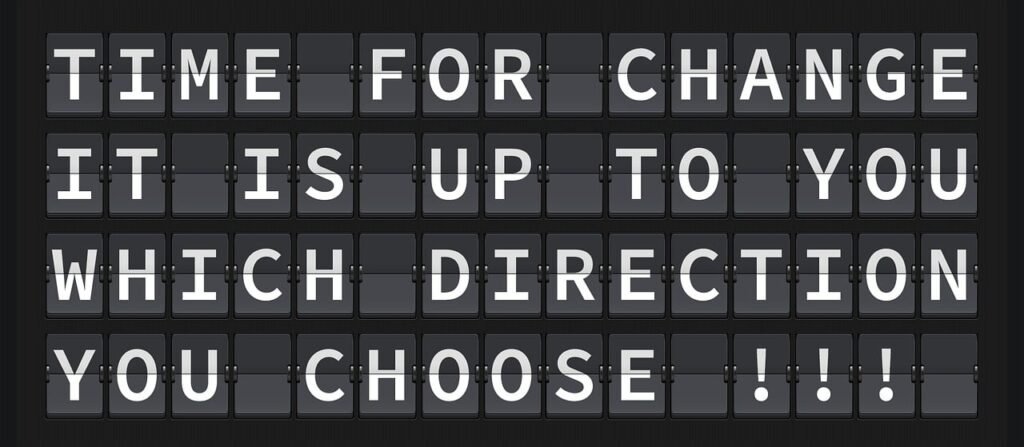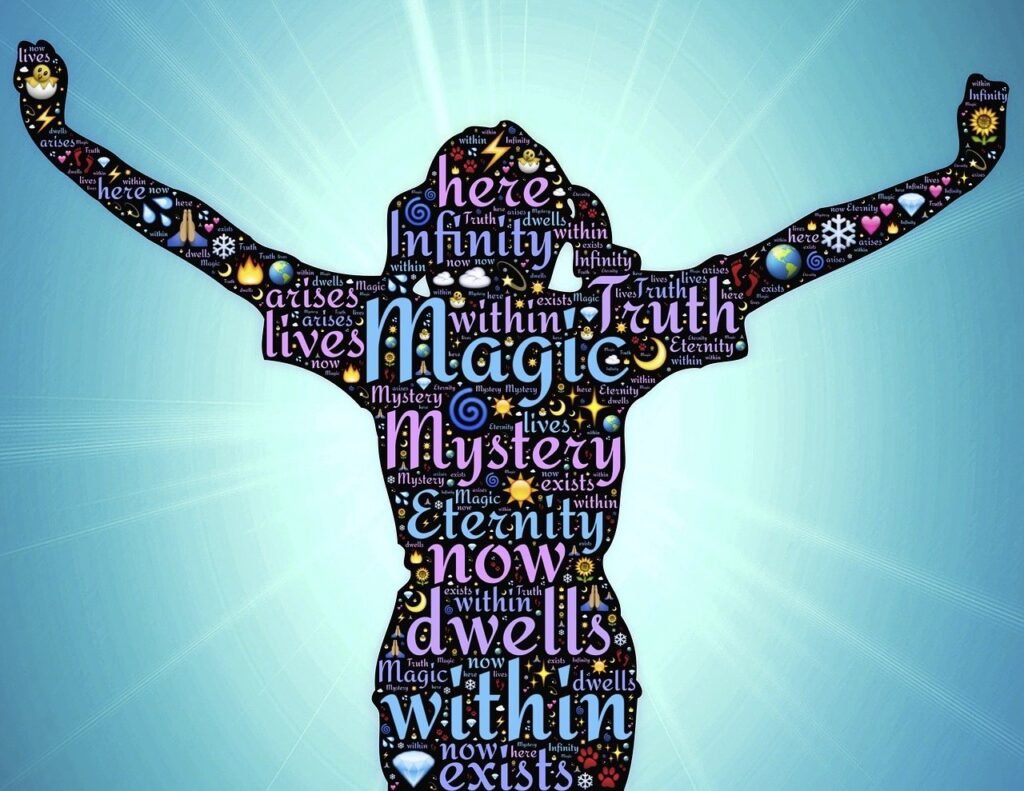7 Powerful Lessons: Spiritual Journey Through Mental Health
Life throws challenges at all of us, but sometimes those battles are fought within our own minds. My spiritual journey through mental health struggles began years ago, and I want to share how faith transformed my perspective during the darkest moments. This transformation wasn’t instant—it was a profound evolution that changed everything about how I view my mental health challenges.

🧠 The Hidden Battle Nobody Sees
For as long as I can remember, mental health issues have been my constant companion. These challenges started in early childhood and followed me through my military service and into my role as a husband and father of six. Some symptoms I’ve managed to control through medication and therapy, while others have proven more stubborn, lingering despite my best efforts.
The most dangerous of these battles has been with suicidal thoughts – an invisible enemy that once seemed impossible to defeat. What many don’t realize about mental health struggles is how isolating they can be. You can be surrounded by family, friends, and colleagues, yet feel completely alone in your suffering.
As a veteran who served in the U.S. Air Force, I was trained to handle external threats. But the internal ones? Those required a different kind of strength – one I hadn’t yet discovered through my spiritual journey.

✨ The Turning Point: When Everything Changed
My life took an unexpected turn when I stumbled across a video from Vous Church that would become the catalyst for profound change. I watched it several times: https://youtu.be/07VTv14AnMM
This wasn’t just another inspirational video – it was the beginning of my spiritual journey through mental health transformation. The message resonated with something deep inside me, offering a perspective I hadn’t considered before. What struck me most was how it addressed the very struggles I’d been keeping locked away, suggesting there might be another path forward.
Looking back, I can pinpoint this moment as when my relationship with my mental health began to transform. It wasn’t an immediate cure – far from it – but it was the first step toward something better. According to the National Alliance on Mental Illness, one in five adults experiences mental illness each year, yet many never find the breakthrough they need.
🙏 Embracing Faith Without the Stereotypes
When I talk about finding Jesus Christ during my struggles with suicidal thoughts, I know what some people might think. They picture someone suddenly speaking in religious clichés, memorizing Bible verses, or knocking on strangers’ doors with pamphlets.
That wasn’t my experience at all.
My spiritual journey and mental health healing didn’t involve dramatic external changes that everyone could see. Instead, it began with something much more fundamental – a shift in mindset. I started praying, not with formal words or rituals, but through honest conversations. Sometimes these prayers were just desperate pleas for help; other times, they were simple expressions of gratitude for making it through another day.
The change happened gradually from the inside out. I found myself becoming more positive, even on difficult days. I developed a deeper appreciation for my family – my wife of over 20 years and our six amazing children. What once seemed like responsibilities and sources of stress transformed into precious gifts that I’d been taking for granted.

⚖️ Mental Health and Spirituality: Finding the Balance
One misconception I often encounter is that faith and mental health treatment are somehow at odds with each other. Some believe you should choose one path or the other – either seek professional help or pray about your problems.
In my experience, this is a false dichotomy. My spiritual journey through mental health challenges has complemented my treatment, not replaced it. I still take medication when needed. I still value therapy sessions. The difference is that I now approach these treatments with hope rather than resignation.
Faith gave me a framework for understanding my struggles not as personal failures but as challenges that could strengthen me. It provided comfort during moments when therapy and medication weren’t enough. Most importantly, it connected me to something larger than myself, reminding me that my worth isn’t determined by my mental state.
🙌 The Practice of Gratitude in Darkness
One of the most transformative aspects of my spiritual journey with mental health has been developing a practice of gratitude. When battling depression or anxiety, gratitude doesn’t always come naturally. In fact, these conditions often blind us to the good things surrounding us.
Through prayer and reflection, I began intentionally thanking God for what I have and what I’ve attained. This wasn’t toxic positivity or denying my struggles – it was acknowledging that even amid pain, blessings exist.
Some days, I could only find gratitude for basic things: a meal, a moment of calm, or simply surviving another day. Other times, I felt overwhelming thankfulness for my family, our home, or opportunities I’d been given.
This practice gradually rewired my thinking patterns. The more I looked for reasons to be grateful, the more I found them. And on the darkest days, when gratitude felt impossible, simply remembering previous moments of thankfulness could provide a tiny spark of hope.
Harvard Health reports that gratitude practices can significantly improve mental well-being and complement other treatments for conditions like depression and anxiety.

🔍 Seeking Happiness Within, Not Around
One powerful lesson I’ve learned through my spiritual journey through mental health struggles is to stop looking around at everyone else for happiness. In today’s social media-driven world, it’s tempting to measure our lives against carefully curated glimpses of others’ experiences. This comparison game is particularly dangerous for those struggling with mental health.
Through my faith-based mental health recovery, I’ve discovered that true contentment comes from within, nurtured by faith and gratitude rather than external circumstances. Happiness isn’t found in having what others have or doing what others do – it emerges from appreciating what’s already present in your life.
This doesn’t mean I’m happy all the time. Mental health challenges still create difficult days. The difference is that I no longer believe my happiness depends on changing everything around me. Instead, I focus on nurturing my inner world through prayer, gratitude, and meaningful connections.
The American Psychological Association notes that spiritual beliefs can be a significant source of resilience during mental health challenges, providing meaning and purpose that helps weather difficult periods.
💬 Breaking the Silence: The Power of Sharing Our Pain
Perhaps the most important message I want to share about my faith-based approach to mental health is this: stop keeping pain and inner thoughts to yourself. Mental health struggles thrive in isolation and secrecy. When we hide our darkest thoughts, they grow stronger, convincing us we’re alone in our suffering.
For years, I kept my struggles private, believing they were burdens no one else should have to carry. This silence nearly cost me everything. Learning to speak about my pain – first to God, then to trusted people in my life – has been essential to my healing journey.
If you feel unsafe or uncomfortable sharing with others, start by finding a quiet space where you can close your eyes and talk to God. Pour out your fears, anger, confusion, and hopes without filtering or censoring yourself. This practice not only provides immediate relief but also builds the strength needed to eventually open up to others.
The simple act of giving voice to our struggles – naming them out loud – diminishes their power over us. What once seemed overwhelming becomes manageable when shared, whether with God or with people who care about us.
The Suicide & Crisis Lifeline (988) provides immediate support if you’re experiencing suicidal thoughts or severe mental distress. Remember, seeking help is a sign of strength, not weakness.

👣 Small Steps Toward Healing
My spiritual journey and mental health recovery hasn’t been marked by dramatic, overnight transformation. Instead, it’s been a series of small steps, daily choices, and gradual shifts in perspective.
I began setting aside a few minutes each morning for prayer and reflection before the household wakes up. Some days it’s just five minutes, but this consistent practice grounds me for whatever challenges lie ahead.
I started a gratitude journal, writing down three things I’m thankful for each day. On especially difficult days, reading back through previous entries reminds me that good moments exist even during hard seasons.
When negative thoughts arise, I’ve learned to pause and question them rather than accepting them as truth. This practice, combined with techniques I’ve learned in therapy, helps me distinguish between what I feel and what is actually true.
I’ve become more intentional about connecting with my wife and children, creating moments of genuine presence rather than just occupying the same space. These connections remind me why life is worth fighting for, even on the darkest days.
Psychology Today explores how spiritual well-being serves as a critical component of mental health and can help develop resilience against life’s inevitable challenges.
🤝 An Invitation, Not a Prescription
I share my spiritual journey through mental health challenges not as a prescription for everyone struggling with mental health, but as an invitation to consider that healing might come from unexpected sources. What worked for me may look different for you.
The path I’ve found through faith and mental wellness doesn’t negate the importance of professional treatment. Rather, it complements it, addressing aspects of suffering that medication and therapy alone couldn’t reach.
If you’re struggling with mental health challenges, I encourage you to be open to help in whatever form it takes – whether that’s reaching out to a mental health professional, connecting with a faith community, or simply confiding in someone you trust.
As the Centers for Disease Control points out, mental health is a crucial part of overall health and well-being. Finding approaches that work for your unique situation is essential.

🌟 Finding Your Own Path Forward
My spiritual journey with mental health continues daily. There are still struggles, setbacks, and difficult moments. Mental health challenges don’t disappear completely – we learn to live with them differently, with new tools and perspectives.
What I know for certain is that the isolation of keeping everything inside is far more dangerous than the vulnerability of reaching out. Whether you begin by talking to God, a therapist, a friend, or a family member doesn’t matter as much as simply beginning.
I encourage everyone reading this to take one small step today. It might be acknowledging to yourself that you’re struggling. It might be researching local mental health resources. It might be closing your eyes and whispering a simple prayer for help. Whatever that step is, it matters.
Remember that your value isn’t determined by your mental health challenges. You are worthy of help, worthy of love, and worthy of finding peace – just as you are.
God bless you all. You are not alone in this journey.
If you’re experiencing suicidal thoughts, please reach out for immediate help. In the US, call or text 988 to reach the Suicide and Crisis Lifeline, available 24/7. You can also go to https://988lifeline.org.
Related Posts You Might Find Helpful: